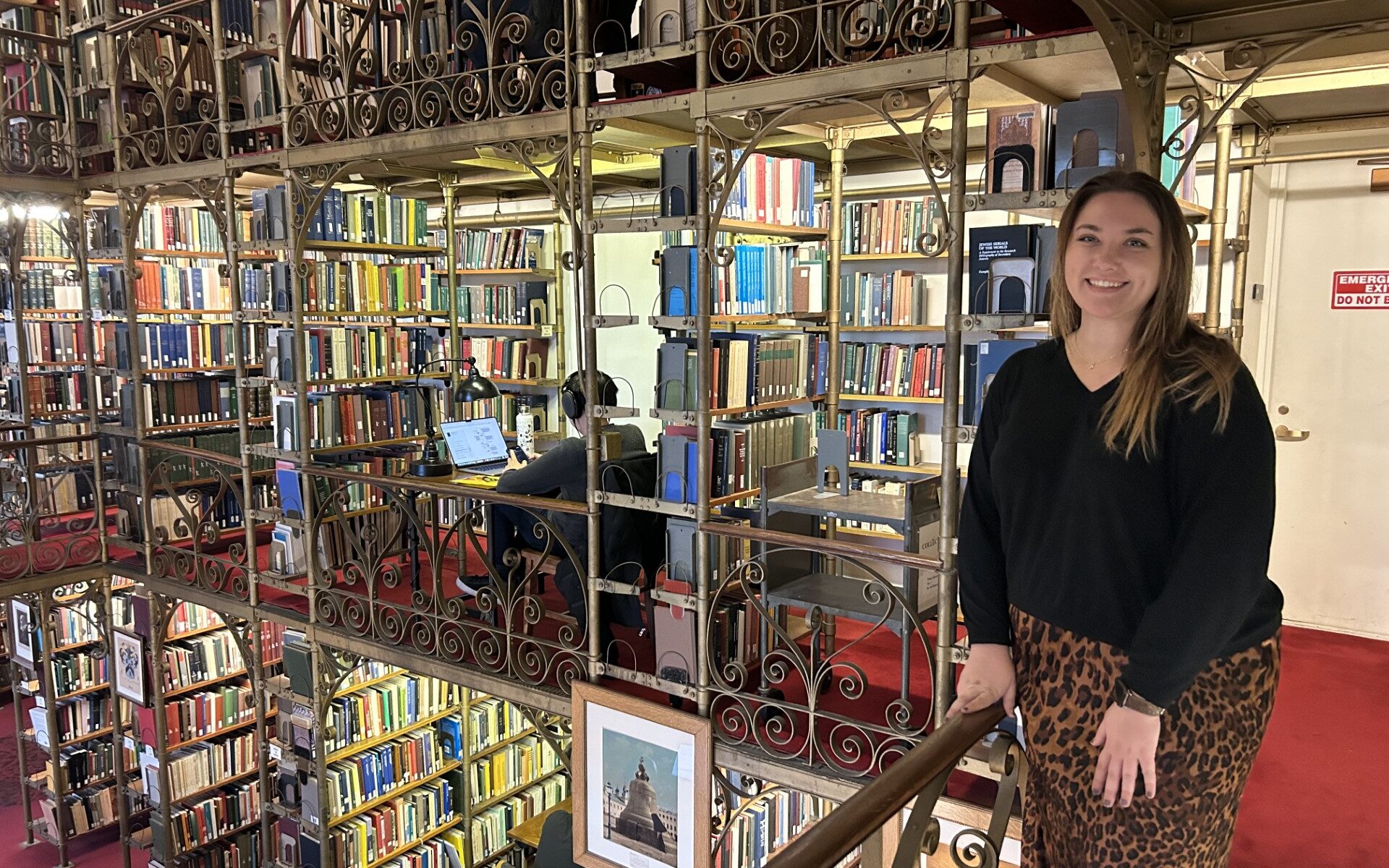
Kamryn Cregger, a 2022 graduate in plant sciences, was selected as one of sixty participants for the 2024 Consider Cornell Experience, a program aimed at providing underrepresented minorities with a deeper understanding of PhD programs.
Cregger said, “I chose to participate because I believed it would support my graduate school journey. I hoped that by learning more about an Ivy League institution, I would better understand what would make my application stand out to graduate school admissions committees.”
Cregger currently serves as a post-baccalaureate research fellow within the National Institute of Allergy and Infectious Diseases, focusing on tick-borne diseases. She conducts her research at the renowned Rocky Mountain Laboratory in Hamilton, Montana, specifically within the Laboratory of Bacteriology under Dr. Ashley Groshong. She hopes to further advance her career through a PhD degree in biological and biomedical sciences.
As the first member of her family to pursue a scientific PhD, Cregger found the Consider Cornell Experience to be “incredibly valuable.” During the event, she connected with professors, current students, and explored various parts of the campus, including their Harry Potter-themed library! The program provided personalized application reviews, one-on-one mentoring, insightful presentations on how to succeed in graduate school, and more.
Through this experience, Cregger also formed relationships with other participants. “I had the chance to meet fellow applicants who were navigating the stress of the application process, and we’ve formed a supportive community that continues to encourage one another as our applications are reviewed,” she said.
When exploring PhD programs, Cregger knew she wanted to attend a “well-funded, highly regarded university that could offer a strong foundation for academic growth.” Cornell’s biological and biomedical PhD program stood out due to its proximity to the veterinary school, allowing for potential research collaborations. She said, “I am interested in pursuing a One Health approach to study human, environmental, and plant health, particularly in relation to bacterial spillover and disease transmission.”
While Cregger was not selected for Cornell’s PhD program this year, she applied to several other graduate programs that she remains optimistic about. The Consider Cornell Experience provided valuable support and insights as she continues her academic journey. She also credits her research fellowship for enhancing her confidence as a researcher and preparing her to pursue a PhD. She said, “I highly recommend a post-bac fellowship to anyone in the sciences who might be struggling, as it offers an excellent opportunity to deepen your connection to research and grow your confidence in your skills.”
Cregger attributes her success at this point in her career to the guidance of the following doctoral-level mentors: Jennifer Fain-Thornton at Carroll Community College, Denita Hadziabdic-Guerry at the University of Tennessee, Knoxville, and Ashley Groshong, Samantha Crane, and Ashley Wilkins at the Rocky Mountain Laboratory. She expressed, “Their guidance has been invaluable throughout my academic journey.”
